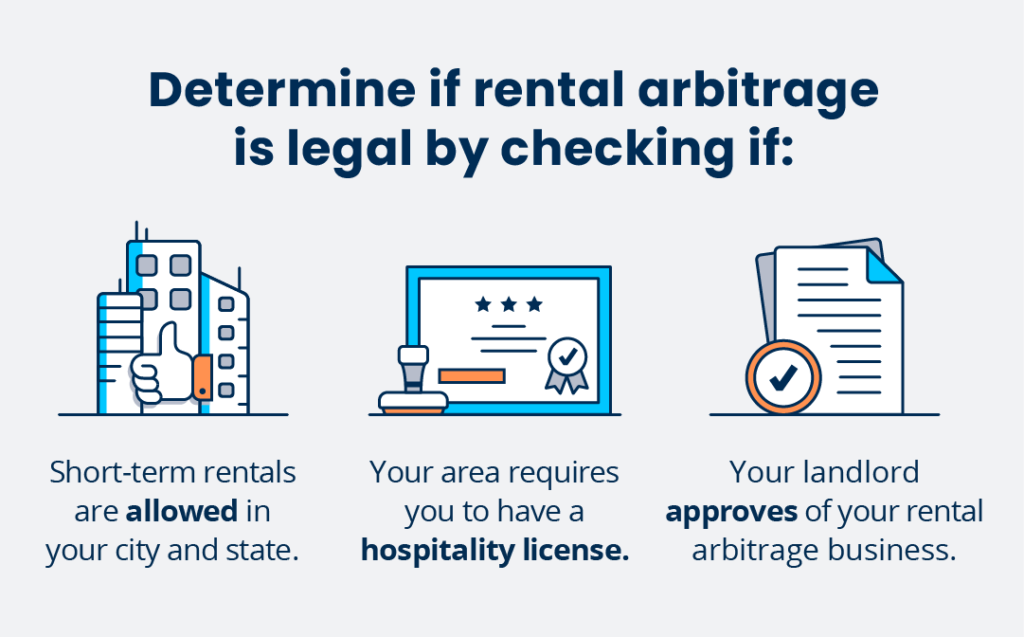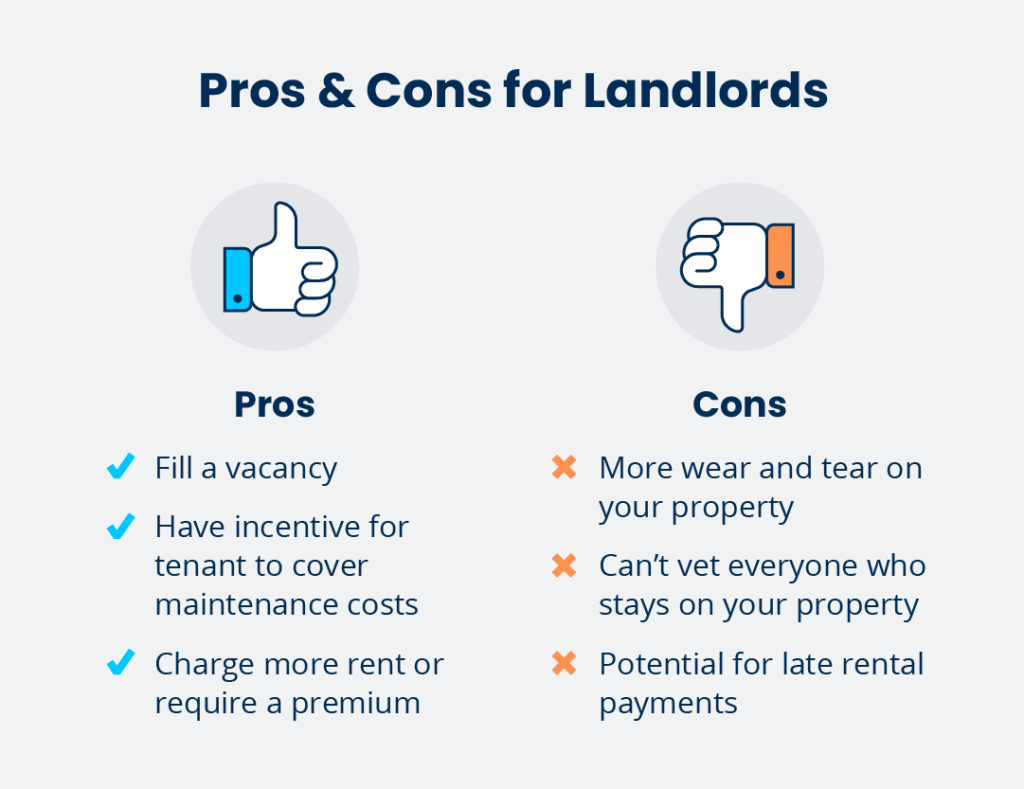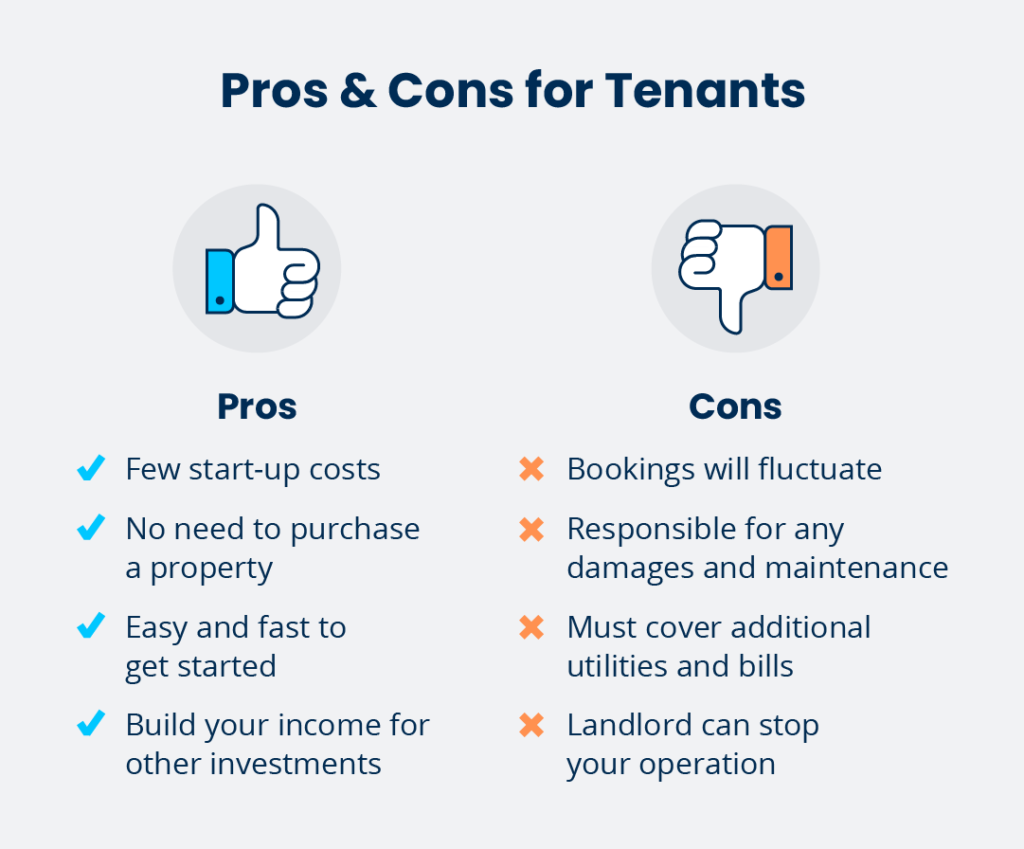14 min read
IRS Rules for Rental Property: Landlord Tax Guide for 2025
Staying compliant with IRS rules for rental property is a non-negotiable piece of the landlord puzzle. As we all know, Uncle Sam expects full transparency from...

There’s a common misconception that you have to become a landlord and own a property to get started, but that’s untrue. One way around the heavy investment of owning a property to start a short-term rental business is rental arbitrage.
Whether you’re a landlord or tenant, we’ve laid out the basics of rental arbitrage, potential rewards, risks for each party, and how to get started so you can determine if this business is right for you.
Rental arbitrage is the practice of renting out a long-term rental on a short-term basis. Typically, a tenant will sign a long-term lease agreement and then list that property on various vacation rental platforms such as Airbnb or VRBO.
As a tenant, rental arbitrage is a way to start a vacation rental business without the large investment of owning a property — which most tenants don’t have the income to do on their own.

Rental arbitrage is entirely legal depending on two major factors: your area’s short-term rental laws and the property owner.
First, make sure that short-term rental options like Airbnb or VRBO are allowed in your area. Short-term rental laws are evolving in major cities across the U.S. such as Dallas. If your area permits short-term rentals, then look up if you’ll be required to apply for a hospitality license.
Next, you’ll need to make sure your landlord allows rental arbitrage. Sometimes the lease will explicitly say whether or not this is permitted. Nevertheless, you must check with your landlord before doing rental arbitrage or you could potentially be evicted.
Depending on your market, you can turn a decent profit from rental arbitrage. To figure out how much you could potentially make on a property, you’ll need to calculate the monthly rent versus the average vacation rental rate per night in that area.
For instance, if a three-bedroom rental property has a monthly rent of $2,000 and the typical three-bedroom vacation rental in your area goes for $300 a night, you’d be able to pay the rent in just a week. Any additional days you book that month you’ll be able to pocket.
If you’re confident you can book a property enough times each month to pay the rent and earn additional income, then rental arbitrage may be a great business model for you.

As a landlord, the thought of a tenant renting your property as a vacation rental can be worrisome. Although there are a few drawbacks, there’s also a list of compelling reasons why allowing rental arbitrage on your property could be very beneficial on your end.
Nevertheless, crafting a lease agreement to protect yourself and stay compliant with your state’s landlord-tenant laws is critical in a rental arbitrage agreement. To help you determine if this is the right fit, check out these pros and cons of rental arbitrage for a landlord.

Before a tenant decides to start a rental arbitrage business, it’s important to consider the advantages and disadvantages:
Before you begin a rental arbitrage operation, there’s a few things you need to take into consideration to understand if it’ll be successful or not:
The first thing you’ll want to do is research your area and determine if there’s any promising opportunities. To do so, make sure you:
If the market shows potential, then you can start looking into prospective arbitrage opportunities.
After you’ve determined if your property and market has potential, you’ll need to ask your landlord or property owner for permission. Since a proposition like this can look super risky from a landlord’s perspective, you’ll need to sell your landlord on the idea. To do so, some intriguing proposals include:
If your landlord agrees, then you’re set to get started with an arbitrage business.
Next, you’ll need to get all your finances in order to help you have a successful vacation rental business. You may not have the hefty start-up costs of a traditional vacation rental business like a down payment, but you’ll need to cover a security deposit and overhead property expenses such as insurance and any local permit fees.
In order to be competitive, you’ll also need to invest in nice furniture and decor. The basics won’t cover it in a competitive market, so if you don’t have any eye for design, you could hire a professional to help you make the rental property look desirable.
Don’t forget other investments such as cookware, dishes, towels, soaps and anything else you’d need in a rental you were staying at on vacation.
Since you’ll be managing the property as a business, you’ll need to make the proper arrangements to take care of it. Ensure you have a cleaning system in place after each guest by either taking care of it on your own or hiring a professional.
You should also work with your landlord to install a smart lock and other security measurements. A smart lock will make it easier for your guests to check in and out and security technologies such as a video doorbell will help you manage a short-term rental better.
Lastly, you should meet with a real estate attorney to ensure everything is good to go. Since laws regarding short-term rentals are constantly changing, double check with an attorney that you’re in the clear with your landlord and your vacation rental business.
Rental arbitrage is an exciting opportunity, not only for a tenant, but for a landlord as well. As a landlord, a rental arbitrage agreement poses its risks, but ultimately could be a great arrangement for you. If you opt to go through with an arbitrage arrangement, make sure you perform extensive tenant screening and work out a lease agreement with an attorney that covers the arrangement.
14 min read
Staying compliant with IRS rules for rental property is a non-negotiable piece of the landlord puzzle. As we all know, Uncle Sam expects full transparency from...
10 min read
If you’re a new real estate investor, you might ask yourself, “Can the IRS find out about my rental income?” The answer...
14 min read
Managing a tenant not paying rent is a frustrating and challenging experience for landlords. It’s especially true if you rely on the...
Join the 700,000+ independent landlords who rely on TurboTenant to create welcoming rental experiences.
No tricks or trials to worry about. So what’s the harm? Try it today!
TurboTenant, Inc., © 2025
Created in Sunny Colorado
The All in One Solution for Landlords
Over 550k landlords use TurboTenant to get leads, screen tenants, create leases, and collect rent — all in one place.